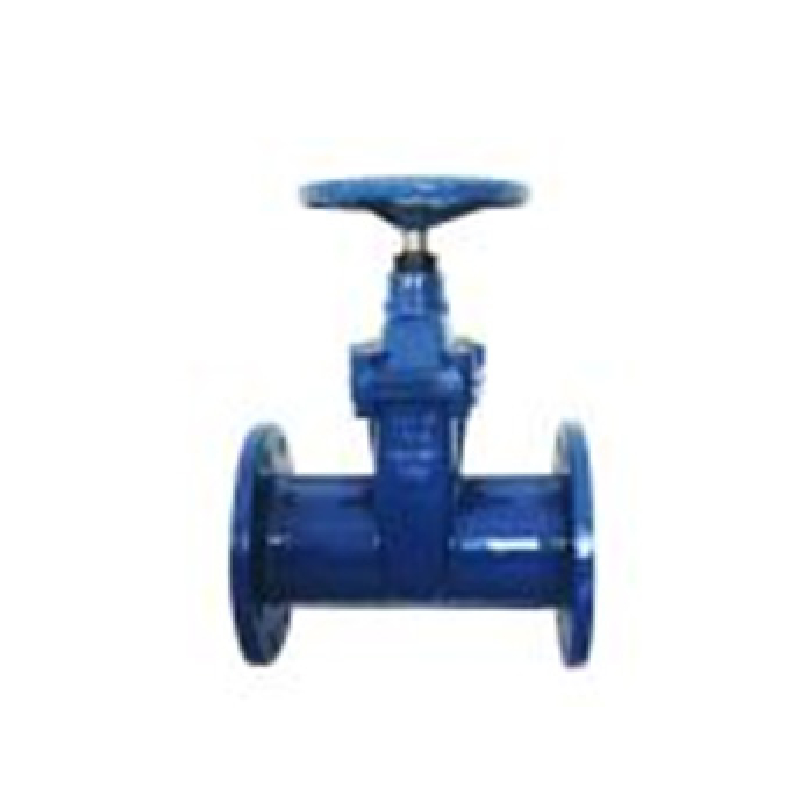ਨਵੰ. . 14, 2024 10:38 Back to list
ball valve
Understanding Ball Valves An Overview
Ball valves are one of the most common types of valves used in various industrial applications today. Their design, functionality, and versatility make them a go-to choice for many engineers and technicians alike. This article will explore the features, advantages, and applications of ball valves, providing a comprehensive understanding of why they are so widely used.
What is a Ball Valve?
A ball valve is a quarter-turn valve that uses a hollow, perforated, and pivoting ball to control the flow of fluid through it. The ball is typically made of durable materials such as brass, stainless steel, or plastic, ensuring it can withstand varying pressure levels and environmental conditions. When the valve's handle is turned 90 degrees, the ball rotates within the valve body, allowing liquid or gas to flow through or preventing flow entirely when the flow path is perpendicular to the ball.
Key Features of Ball Valves
One of the most significant features of ball valves is their simplicity in design. They consist of a few main components the valve body, the ball, the stem, and a sealing mechanism. This uncomplicated assembly not only makes them easy to manufacture but also easier to maintain and install compared to more complex valve types.
Another important feature is their excellent sealing capabilities. When closed, the ball creates a tight seal against the valve seat, significantly reducing the risk of leaks. This feature makes ball valves particularly suitable for applications requiring reliable shut-off capabilities. Additionally, ball valves can be operated manually or automated, making them versatile for different operational needs.
Advantages of Ball Valves
1. Durability Ball valves are known for their long lifespan. Their robust construction can withstand high pressure, temperature fluctuations, and corrosive environments, making them reliable in various industrial settings.
ball valve

2. Quick Operation The quarter-turn mechanism allows for rapid opening and closing, enabling quick control of the fluid flow, which is particularly advantageous in emergency situations.
3. Low Friction Loss The smooth surface of the ball ensures that fluid flows through with minimal resistance, leading to lower friction losses. This makes ball valves an efficient choice, particularly in large-scale systems where pressure drop can be a concern.
4. Versatility Ball valves are suitable for a wide range of applications, from oil and gas pipelines to food and beverage industries. Their ability to handle different fluids, including corrosive and viscous liquids, enhances their usability across sectors.
5. Safety Because ball valves can provide a tight seal, they enhance safety in systems by preventing leaks and reducing the likelihood of hazardous spills. This feature is particularly critical in applications involving toxic or flammable materials.
Applications of Ball Valves
Ball valves find applications in a myriad of industries due to their versatility and performance reliability. Some key applications include
- Oil and Gas Ball valves are widely used in the oil and gas sector for controlling the flow of crude oil, natural gas, and other petrochemicals. - Water Supply In municipal and industrial water supply systems, ball valves facilitate the management of water distribution, ensuring efficient flow control and maintenance. - Chemical Processing Their ability to handle corrosive liquids makes ball valves suitable for chemical manufacturing and processing environments. - Food and Beverage In the food industry, ball valves are used in sanitary applications where hygiene and ease of cleaning are paramount.
Conclusion
In summary, ball valves are essential components in various industrial applications, appreciated for their durability, efficiency, and versatility. Understanding their design and functionality can help engineers and operators select the appropriate valve type for their specific needs, ensuring optimal performance and safety in fluid control systems. Whether in oil refineries, water treatment plants, or food manufacturing, ball valves continue to play a critical role in modern engineering and industrial practices. As industries evolve, the demand for reliable flow control solutions like ball valves will only continue to grow, affirming their place as indispensable tools in fluid management.
Share
-
Reliable Wafer Type Butterfly Valves for Every IndustryNewsJul.25,2025
-
Reliable Flow Control Begins with the Right Ball Check ValveNewsJul.25,2025
-
Precision Flow Control Starts with Quality ValvesNewsJul.25,2025
-
Industrial Flow Control ReliabilityNewsJul.25,2025
-
Engineered for Efficiency Gate Valves That Power Industrial PerformanceNewsJul.25,2025
-
Empowering Infrastructure Through Quality ManufacturingNewsJul.25,2025


